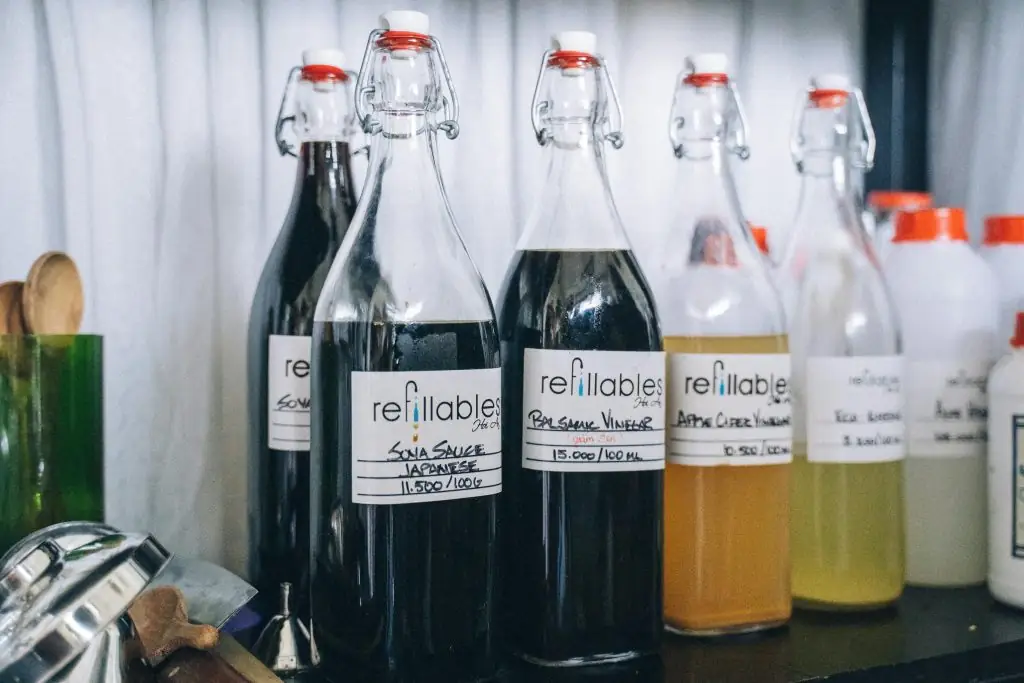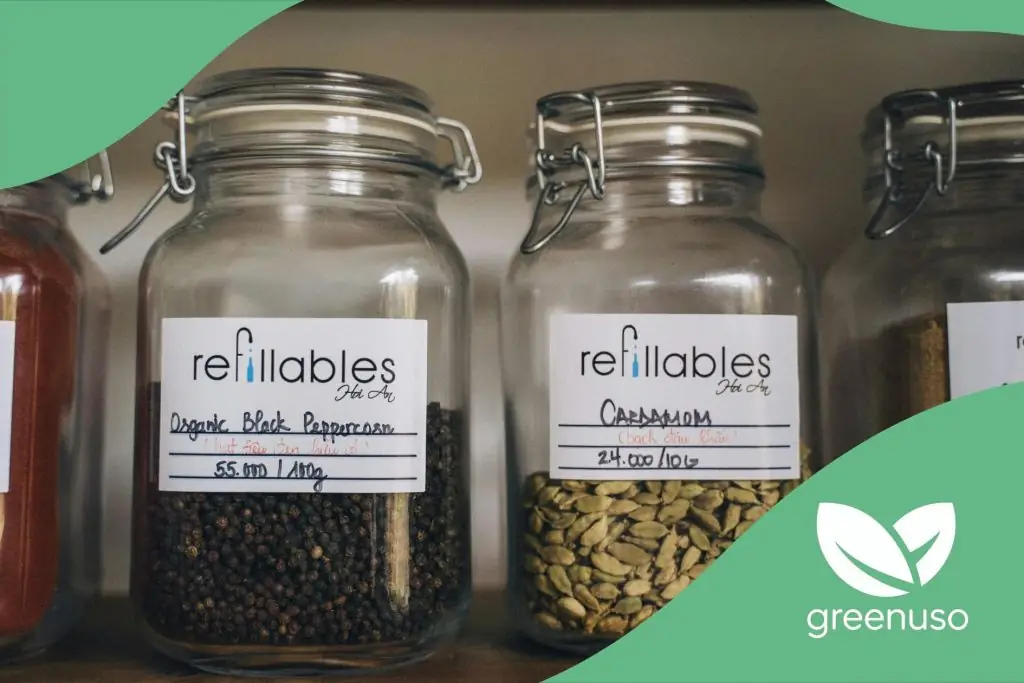Reusable food containers are an eco-friendly option suitable for all types of businesses, including those in the hospitality sector. In this area, minimising waste is essential for business owners who wish to demonstrate their commitment to the planet and overcome cultural, logistical and hygiene-related challenges.
For this reason, we’ll explain the importance of these products in the hospitality industry, as well as other related topics. This way, you’ll have the opportunity to learn more about these materials, grow your business sustainably, and create a distinctive factor in the sector.
The importance of sustainability in the food service industry
In the food service sector, sustainability has emerged as the need to meet the demand for healthy eating — for example, by creating an organic menu that benefits both customers and the planet — while also maintaining economic balance and caring for the environment. This is why sustainability is so crucial to prevent waste and avoid the overexploitation of natural resources.
Thus, sustainability in the restaurant industry promotes the use of food and resources that are environmentally friendly and minimise their impact on nature. It also involves other key areas, including:
- Institutional: as businesses adhere to national and international sustainability agreements.
- Social: due to staff recruitment and employment practices.
- Economic: as businesses apply principles of productivity and efficiency.
All these factors are essential for an ecological revolution, where the food service sector improves its production processes by using natural foods and more sustainable practices.
How to raise customer awareness about sustainability
To raise awareness among customers, an effective communication strategy is essential — one that is positively received. It’s important to provide information on your company’s social, economic and environmental responsibility.
When you explain your business’s approach and the environmental benefits, customers become more aware and realise that it is an opportunity to reduce environmental impact and care for the planet.
What are reusable food containers?
These are containers that can be used multiple times and, unlike single-use items, can be returned to the original business. In other words, they are accessories customers can enjoy temporarily in a business — like a loan or short-term lease.
Benefits for your business and the environment
These containers have qualities that make them useful for various businesses. Some of their advantages include:
- They are more eco-friendly compared to disposable products, as they generate less waste.
- They delay the need for recycling, thereby extending their lifespan.
- The materials used often preserve food and drinks better.
- They enhance brand image by showing commitment to sustainability.
- They encourage loyalty among environmentally conscious customers.
- They promote a circular economy model, where containers stay in use longer.
Although these are not the only benefits for your business and the environment, they are among the most significant.
What are reusable containers?
Reusable containers are those that can be used multiple times, reducing the need for disposable items. However, there is a difference from reusable food containers: reusable containers are not necessarily returned to the business.

They must also meet strict quality control standards to allow repeated use. Additionally, they require systems for refurbishing, refilling, and restocking.
Benefits for your business and the environment
Reusable containers are changing the way hospitality businesses manage their operations. They also provide environmental and business advantages, such as:
- Reducing long-term operating costs.
- Boosting customer loyalty.
- Minimising waste and reducing the use of materials such as plastic and cardboard.
- Lowering the carbon footprint.
- Saving energy in the production and transport of new products.
Just like reusable food containers, these are not the only benefits, but they are among the most important in the hospitality market.
Implementing reusable food containers and reusable containers in HORECA
The hotel, restaurant and café (HORECA) industry has already begun adopting sustainable practices. Here are the steps to easily and effectively incorporate reusable products into your business:
1. Assess your business needs
Evaluate the types of containers your business regularly uses and identify which can be replaced with reusable or reusable food containers. It’s also important to determine the quantity needed for efficient operation.
2. Choose the right product
Select the most appropriate type of container for your business. Glass is a common material, among others. These materials are durable and easy to clean. Compatibility with your business’s operations is crucial, as containers should be easy to store, clean and reuse without disrupting daily functions.
3. Train staff and educate customers
Staff training is essential to properly implement reusable food containers and reusable containers. Employees must be familiar with procedures for managing, collecting and cleaning these items.
4. Monitor the implementation programme
Monitoring the effectiveness of container implementation is key. Track initial costs, long-term savings, and the number of items returned and reused.
Regulatory compliance and certifications
In the United Kingdom, packaging regulations are governed by a combination of national legislation and obligations derived from broader environmental goals. Businesses using reusable food containers and reusable packaging must comply with regulations such as the UK Packaging Waste Regulations, which assign responsibility to producers for the recovery and recycling of packaging waste.
Additionally, the Extended Producer Responsibility (EPR) scheme, being phased in from 2023, requires producers to cover the full cost of managing packaging waste, encouraging the use of reusable and recyclable materials. This scheme aligns with the UK’s commitment to a circular economy and supports the reduction of single-use packaging.
Success stories
There are several success stories in the HORECA sector regarding the implementation of returnable and reusable containers:
Franprix and La Consigne GreenGo
This partnership launched a project using reusable glass containers, for which customers pay a €2 deposit. When the customer finishes using the container, they can return it and scan a QR code to receive their deposit back. The containers are then collected by a logistics team that delivers clean ones to start the cycle again.
Carrefour
Carrefour has launched the Act for Food campaign, allowing customers to bring their own reusable containers for fresh products such as meat, fish, deli items and fruit. Adopting reusable food containers and reusable containers helps improve a business’s reputation and reduces environmental impact. For this reason, more businesses should implement these solutions to uphold their commitment and responsibility.

